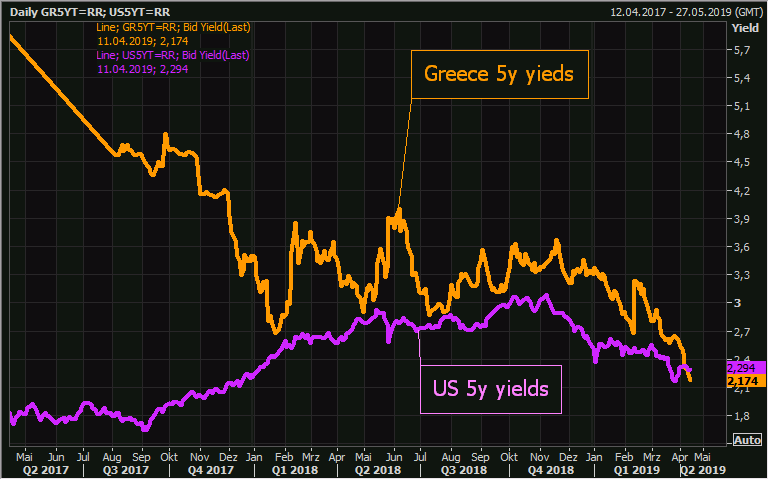I received a terrific email from a reader yesterday morning, which I’d like to share with you today.
Please tell me I’m wrong…
So when the next European banking crisis hits, let’s say in Italy, and it’s due…
Everyone will get distracted about retail depositors losing their shirts…
While the contagion spreads in inter-bank lending, where…
The ECB is unable and/or unwilling to contain the collateral damage, and…
The EU, of which Machiavelli would be proud, realises how to sidestep the issue by bailing in perfidious Albion’s super spreaders, and…
The Bank of England has to bail out the City because it’s Armageddon and the EU won’t answer the phone, and…
The US and the Japanese say the City of London is not their problem, and…
Albion goes from Iceland to Greece in about a week…
Winston turns in his grave and Emmanuel rubs his hands, but…
I’m sure our Canadian rock star’s got it covered.
Do you want to ask, or shall I?
I’m about as confident in our “Canadian rock star” at the Bank of England as this gentleman is… but it’s great to know we have such a shrewd readership.
On the topic of reader feedback, thank you to all who sent in responses to my question on millennials last week. I’ve received many thoughtful responses, and plan to share them in a letter next week.
For anyone who missed it and would like to get in a last response over the weekend, my question to you is:
Are you encouraged by what you see in the millennial generation, and how optimistic do you feel about a future with them in charge?
Drop me a line: [email protected].
In the meantime, let’s turn to something that’s almost funny. Well, I say almost – Nickolai thinks it’s downright hilarious, and was in fits of giggles when he saw it:
Yes, dear reader, the Greek five-year bond now yields less than the US five-year.
In a “normal” market environment this would reflect that the Greek government is more creditworthy than the US government. But of course, we left normal behind some time ago, and whatever you call this farce just gets more ridiculous. Capital controls on Greek banks were only lifted late last year, yet for the yield starved investor they may as well be hoisting the star-spangled banner.
I’ll leave you today with a quote from Russell Napier, the renowned market historian who spoke at one of our conferences a couple years back.
It’s from a recent note of his on the subject of financial repression, which we wrote about extensively last week. When the next economic downturn comes, central banks will adopt new strategies in their destructive crusade to create inflation, like nominal GDP targeting. In short, this means central bankers will “step on the gas” at the printing presses for as long as it takes, regardless of how high inflation goes, until GDP reaches an arbitrary level they deem important. In theory, all of this GDP growth could be a product of inflation, and they would still feel they were accomplishing their goal.
Napier holds the consequences of such actions to the light:
Many who have read [Capital Management in an Age of Financial Repression] believe that it represents ‘the end of the world’. This, of course, is silly for financial repression represents no such thing. It merely represents the end of our world; the world where savers expect real returns on their capital. A move to nominal GDP targeting is simply a recognition that there are now more important goals than allowing such returns.
It recognises the need to reduce global record high debt-to-GDP ratios. It recognises the need to redistribute wealth from savers to earners. It recognises the need to redistribute wealth from old to young. It recognises the need to redistribute wealth. Whether you agree with those ‘needs’ is not relevant, as a move to nominal GDP targeting means that these new goals are now the new normal.
Have a great weekend!

Boaz Shoshan
Editor, Capital & Conflict
Category: Market updates


